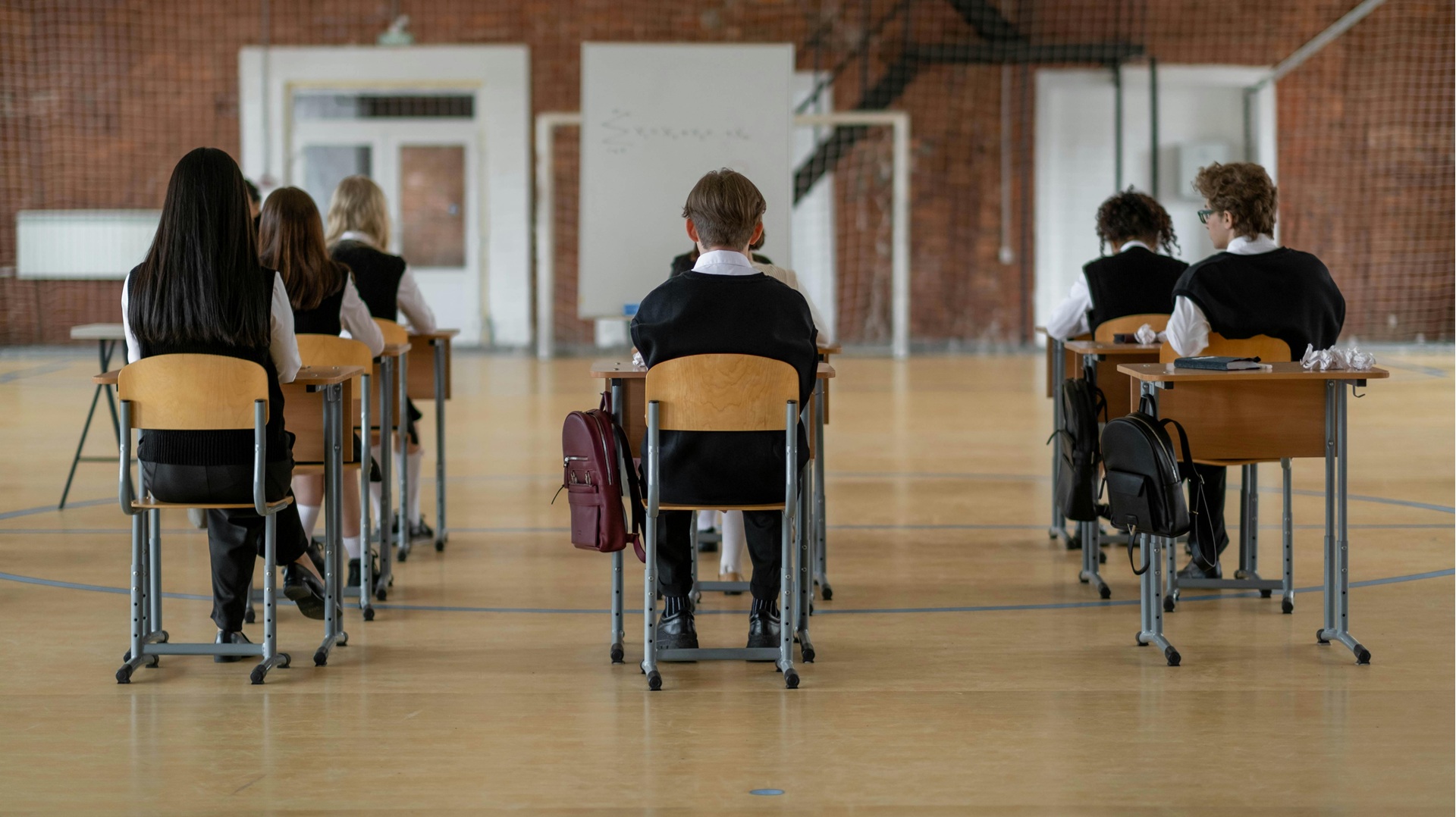None of the numbers for housing in London seem to be going in the right direction. Numbers of newly built affordable homes in the capital fell by 88% from 2023 to 2024. Rents increased by 9.1% in the year to March 2025. And 90,000 of the city’s children are homeless and living in temporary accommodation.
The other part of the puzzle is falling birth rates across the country and the globe. In 2023 – the most recent year on record – births in England and Wales fell to the lowest rate since 1977. Globally, birthrates are also falling – including in Taiwan, where population decline has seen dozens of schools close and the number of school pupils fall by 21% in a decade.
Yet the trend of fewer kids is not uniform across London, with some pockets where pupil numbers are forecasted to grow, including Barking and Dagenham, and Havering. In fact, seven of the city’s 32 boroughs expect the numbers of pupils in reception classes to grow by 2029, all of which are in outer London.
What can be done to stop London’s schools closing?
“I’m not sure that it’s a real crisis,” says Maurice Lange, an analyst with the Centre For Cities think tank, adding the London-wide issues mirror what’s going on in the rest of the country, where schools are also closing. “If part of it is your kids are going elsewhere, that could be fine, it could not be fine. The bigger problem is that this is a symptom of London’s housing crisis more generally, and there’s no easy fix.”
He added: “Fertility rate decline is a thing that’s happening everywhere. It’s affecting inner London more than it’s affecting other places.”
But London’s schools, others say, are not like others. From 2003 to 2011, the London Challenge helped transform the reputation of the city’s schools from something to be avoided into nation-leading education. London Councils, the body representing the capital’s local authorities, argue that so much time and money has been spent making London’s schools good that it would be a waste to leave them to wither on the vine.
If something is to be done, most agree it begins with housing. Beyond the widely-touted solutions to London’s seemingly-intractable crisis, smart people told Big Issue of a few unconventional ideas.
There are options beyond simply “build more housing”. Liz Emerson, director of the Intergenerational Foundation, said central government could step in to let councils buy affordable and social housing that housing associations are not buying off developers, with greater flexibility to borrow from the Public Works Loan Board. Existing houses could also be divided up, said Emerson: “In London, the majority of the 374,000 homes ripe for subdivision are in cheaper outer London boroughs such as Barnet, Enfield, Redbridge, Croydon and Bromley. If subdivided, these homes could help to ease the housing crisis in inner London while also reducing the pressure on the greenbelt.”
One option could be to build more one and two bedroom flats, to free up bigger houses being used as large shared houses for young people. “Housing pressures are so high it might take quite a lot of building more apartments for young people to live in smaller household units before they are satisfied,” says Maurice
Any investment will take time, however, said Hothi: “In the meantime, we need to see local housing allowance rates permanently linked to incomes so that fewer people are pushed into homelessness or out of the city.”
Beyond housing, there are options to keep schools open. London Councils wants sustainable funding to keep schools viable, and say it may often just be that schools need enough in the bank to see out a bad year. “That might be all they need to kind of keep them going in the longer term if the numbers pick up,” a spokesperson said.
Promises are easy to break. Sign Big Issue’s petition for a Poverty Zero law and help us make tackling poverty a legal requirement, not just a policy priority.
Do you have a story to tell or opinions to share about this? Get in touch and tell us more. Big Issue exists to give homeless and marginalised people the opportunity to earn an income. To support our work buy a copy of the magazine or get the app from the App Store or Google Play.






